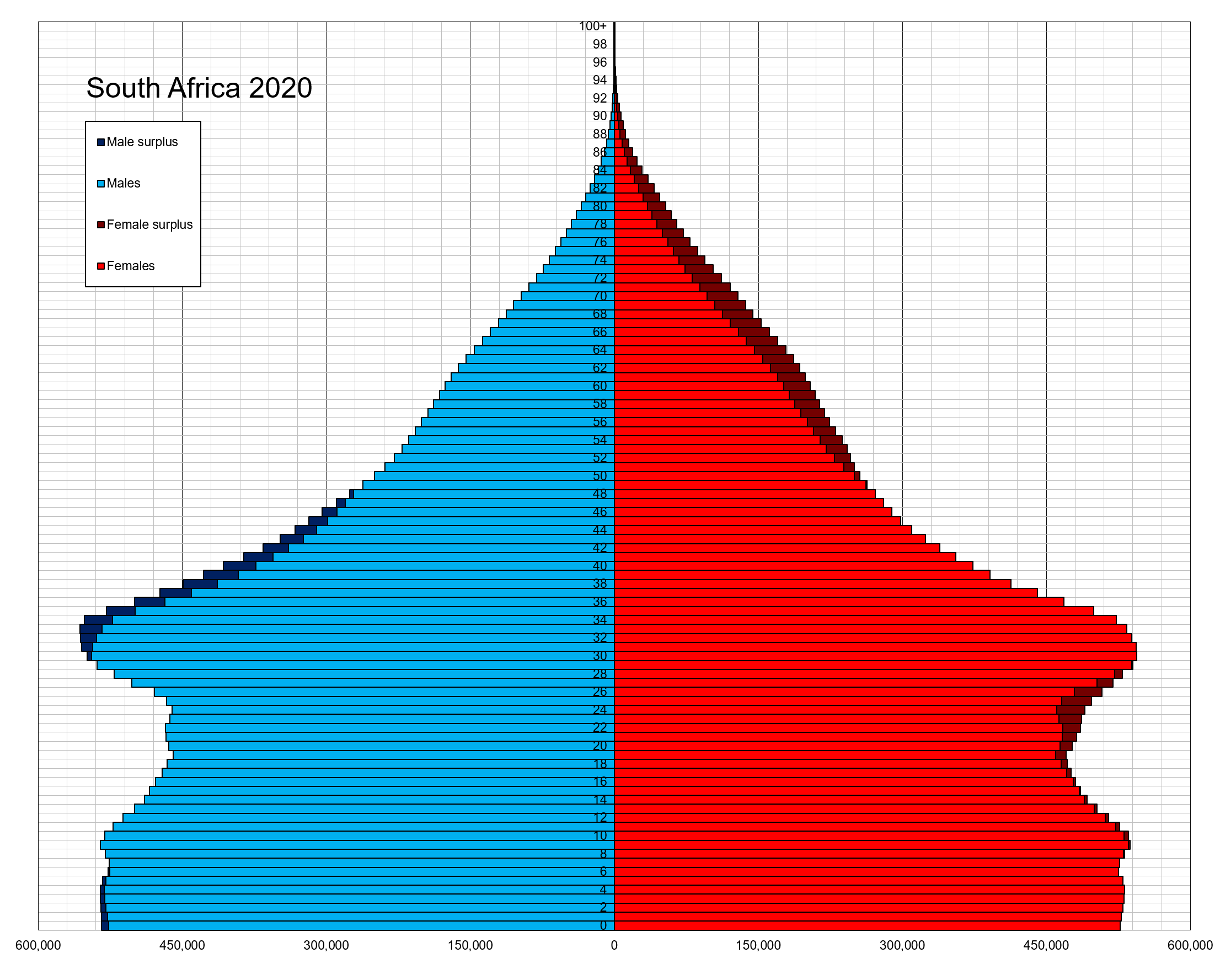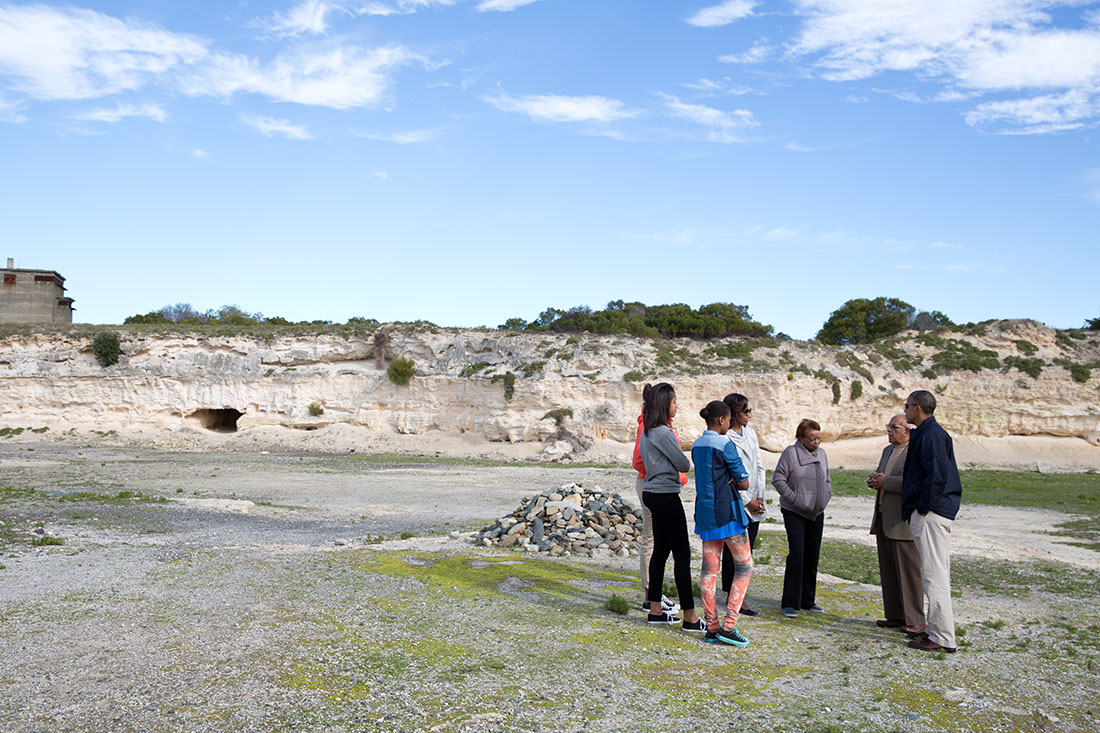|
Samuel Sisulu
Samuel Sisulu (June 1956 - June 2003) was a South African anti-apartheid activist, Soweto uprising student leader and founder of South African Freedom Organisation (SAFO). He was jailed at various prisons including Robben Island in 1978, two years after the 1976 Soweto uprising. Samuel Sisulu was charged under the Terrorism Act. Reported in WIP 3. He was mentioned in the indictment of Paul Langa and found guilty of founding SAFO, attempting to cripple the economy of the country by bombing the apartheid government, inciting persons to persuade taxi drivers not to transport workers to place of work, aid strikes, unlawfully aid students in their fight against Bantu education and was also found guilty of recruiting people for military training. Whilst in Robben Island, Samuel shared prison cells with his adopted father Walter Sisulu and Ahmed Kathrada Ahmed Mohamed Kathrada (21 August 1929 – 28 March 2017), sometimes known by the nickname "Kathy", was a South African politicia ... [...More Info...] [...Related Items...] OR: [Wikipedia] [Google] [Baidu] |
South African People
The population of South Africa is about 58.8 million people of diverse origins, cultures, languages, and religions. The South African National Census of 2022 was the most recent census held; the next will be in 2032. In 2011, Statistics South Africa counted 2.1 million foreigners in total. Reports suggest that is an underestimation. The real figure may be as high as five million, including some three million Zimbabweans. History Population Earlier Censuses, 1904 to 2011 1904 Census South African population figures for the 1904 Census.Smuts I: The Sanguine Years 1870–1919, W.K. Hancock, Cambridge University Press, 1962, pg 219 1960 Census Sources: '' Statesman's Year-Book'' 1967–1968; '' Europa Year Book'' 1969 1904-85 national census numbers Bantustan demographics were removed from South African census data during Apartheid and for this reason official figures on the national population of the country during that period will be inaccurate. 1996 Census Source ... [...More Info...] [...Related Items...] OR: [Wikipedia] [Google] [Baidu] |
Walter Sisulu
Walter Max Ulyate Sisulu (18 May 1912 – 5 May 2003) was a South African anti-apartheid activist and member of the African National Congress (ANC). Between terms as ANC Secretary-General (1949–1954) and ANC Deputy President (1991–1994), he was incarcerated on Robben Island, where he served more than 25 years' imprisonment for his activism. He is known for his close partnership with Oliver Tambo and Nelson Mandela, with whom he played a key role in organising the 1952 Defiance Campaign and the establishment of the ANC Youth League and Umkhonto we Sizwe. He was also on the Central Committee of the South African Communist Party. Early life Sisulu was born in 1912 in Ngcobo in the Union of South Africa, part of what is now the Eastern Cape province (then the Transkei). Not unusual for his generation in South Africa, he was not certain of his birthday, but celebrated it on 18 May. His mother, Alice Mase Sisulu, was a Xhosa domestic worker and his father, Albert Victor ... [...More Info...] [...Related Items...] OR: [Wikipedia] [Google] [Baidu] |
Robben Island
Robben Island ( af, Robbeneiland) is an island in Table Bay, 6.9 kilometres (4.3 mi) west of the coast of Bloubergstrand, north of Cape Town, South Africa. It takes its name from the Dutch word for seals (''robben''), hence the Dutch/Afrikaans name ''Robbeneiland'', which translates to ''Seal(s) Island''. Robben Island is roughly oval in shape, long north–south, and wide, with an area of . It is flat and only a few metres above sea level, as a result of an ancient erosion event. It was fortified and used as a prison from the late-seventeenth century until 1996, after the end of apartheid. Political activist and lawyer Nelson Mandela was imprisoned on the island for 18 of the 27 years of his imprisonment before the fall of apartheid and introduction of full, multi-racial democracy. He was later awarded the Nobel Peace Prize and was elected in 1994 as President of South Africa, becoming the country's first black president and serving one term from 1994–1999. In additio ... [...More Info...] [...Related Items...] OR: [Wikipedia] [Google] [Baidu] |
Terrorism Act, 1967
The Terrorism Act No 83 of 1967 was a law of the South African Apartheid regime until all except section 7 was repealed under the Internal Security and Intimidation Amendment Act 138 of 1991. Detention without trial Section 6 of the Act allowed someone suspected of involvement in terrorism—which was very broadly defined as anything that might "endanger the maintenance of law and order"—to be detained for a 60-day period (which could be renewed) without trial on the authority of a senior police officer. Since there was no requirement to release information on who was being held, people subject to the Act tended to disappear. The death of Steve Biko in police custody in 1977, while being detained under the Act, was a particular ''cause célèbre''. It is estimated that approximately 80 people died while being detained under the Act. Other provisions Other provisions of the Act included the founding of the Bureau of State Security The Bureau for State Security ( af, Buro vir ... [...More Info...] [...Related Items...] OR: [Wikipedia] [Google] [Baidu] |
Ahmed Kathrada
Ahmed Mohamed Kathrada (21 August 1929 – 28 March 2017), sometimes known by the nickname "Kathy", was a South African politician and anti-apartheid activist. Kathrada's involvement in the anti-apartheid activities of the African National Congress (ANC) led him to his long-term imprisonment following the Rivonia Trial, in which he was held at Robben Island and Pollsmoor Prison. Following his release in 1990, he was elected to serve as a member of parliament, representing the ANC. He authored a book, ''No Bread for Mandela – Memoirs of Ahmed Kathrada, Prisoner No. 468/64''. Early life Ahmed Kathrada was born on 21 August 1929 in the small country town of Schweizer-Reneke in the Western Transvaal, Kathrada 2004, p. 373 the fourth of six children in a Gujarati Bohra family of South African Indian immigrant parents from Surat, Gujarat. Once in Johannesburg, he was influenced by leaders of the Transvaal Indian Congress such as Dr. Yusuf Dadoo, IC Meer, Moulvi and Yusuf Cach ... [...More Info...] [...Related Items...] OR: [Wikipedia] [Google] [Baidu] |
1994 South African General Election
General elections were held in South Africa between 26 and 29 April 1994. The elections were the first in which citizens of all races were allowed to take part, and were therefore also the first held with universal suffrage. The election was conducted under the direction of the Independent Electoral Commission (IEC), and marked the culmination of the four-year process that ended apartheid. Millions queued in lines over a four-day voting period. Altogether, 19,726,579 votes were counted, and 193,081 were rejected as invalid. As widely expected, the African National Congress (ANC), whose slate incorporated the labour confederation COSATU and the South African Communist Party, won a sweeping victory, taking 62 percent of the vote, just short of the two-thirds majority required to unilaterally amend the Interim Constitution. As required by that document, the ANC formed a Government of National Unity with the National Party and the Inkatha Freedom Party, the two other parties ... [...More Info...] [...Related Items...] OR: [Wikipedia] [Google] [Baidu] |
1956 Births
Events January * January 1 – The Anglo-Egyptian Sudan, Anglo-Egyptian Condominium ends in Sudan. * January 8 – Operation Auca: Five U.S. evangelical Christian Missionary, missionaries, Nate Saint, Roger Youderian, Ed McCully, Jim Elliot and Pete Fleming, are killed for trespassing by the Huaorani people of Ecuador, shortly after making contact with them. * January 16 – Egyptian leader Gamal Abdel Nasser vows to reconquer Palestine (region), Palestine. * January 25–January 26, 26 – Finnish troops reoccupy Porkkala, after Soviet Union, Soviet troops vacate its military base. Civilians can return February 4. * January 26 – The 1956 Winter Olympics open in Cortina d'Ampezzo, Italy. February * February 11 – British Espionage, spies Guy Burgess and Donald Maclean (spy), Donald Maclean resurface in the Soviet Union, after being missing for 5 years. * February 14–February 25, 25 – The 20th Congress of the Communist Party of the Soviet Union is held in Mosc ... [...More Info...] [...Related Items...] OR: [Wikipedia] [Google] [Baidu] |
2003 Deaths
3 (three) is a number, numeral and digit. It is the natural number following 2 and preceding 4, and is the smallest odd prime number and the only prime preceding a square number. It has religious or cultural significance in many societies. Evolution of the Arabic digit The use of three lines to denote the number 3 occurred in many writing systems, including some (like Roman and Chinese numerals) that are still in use. That was also the original representation of 3 in the Brahmic (Indian) numerical notation, its earliest forms aligned vertically. However, during the Gupta Empire the sign was modified by the addition of a curve on each line. The Nāgarī script rotated the lines clockwise, so they appeared horizontally, and ended each line with a short downward stroke on the right. In cursive script, the three strokes were eventually connected to form a glyph resembling a with an additional stroke at the bottom: ३. The Indian digits spread to the Caliphate in the 9 ... [...More Info...] [...Related Items...] OR: [Wikipedia] [Google] [Baidu] |
South African Activists
South is one of the cardinal directions or compass points. The direction is the opposite of north and is perpendicular to both east and west. Etymology The word ''south'' comes from Old English ''sūþ'', from earlier Proto-Germanic ''*sunþaz'' ("south"), possibly related to the same Proto-Indo-European root that the word ''sun'' derived from. Some languages describe south in the same way, from the fact that it is the direction of the sun at noon (in the Northern Hemisphere), like Latin meridies 'noon, south' (from medius 'middle' + dies 'day', cf English meridional), while others describe south as the right-hand side of the rising sun, like Biblical Hebrew תֵּימָן teiman 'south' from יָמִין yamin 'right', Aramaic תַּימנַא taymna from יָמִין yamin 'right' and Syriac ܬܰܝܡܢܳܐ taymna from ܝܰܡܝܺܢܳܐ yamina (hence the name of Yemen, the land to the south/right of the Levant). Navigation By convention, the ''bottom or down-facing side'' of ... [...More Info...] [...Related Items...] OR: [Wikipedia] [Google] [Baidu] |




